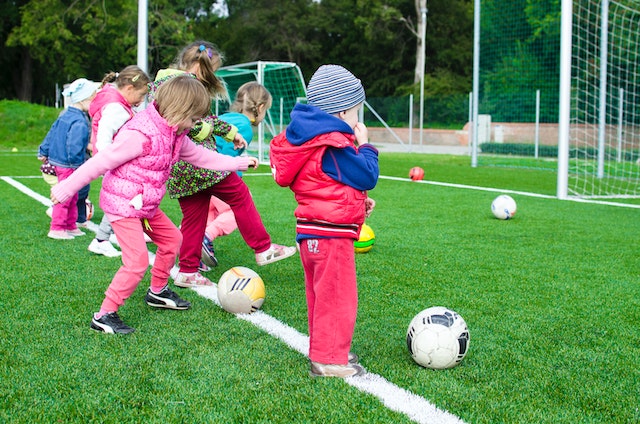As children grow and develop, it is important for them to understand the concept of boundaries.
Boundaries are the physical, emotional, and mental limits that we set for ourselves to ensure our safety, well-being, and happiness.
Discussing boundaries with kids can help them understand and respect
their own boundaries and the boundaries of others,
leading to healthier relationships and a stronger sense of self.
Here are some tips for discussing boundaries with kids:
Start early:
It’s never too early to start teaching kids about boundaries.
Even young children can learn about personal space and physical boundaries.
For example, you can teach them that it’s not okay for someone to touch them in a way that makes them uncomfortable.
Use age-appropriate language:
Use language that your child can understand.
For younger children, you may use simple words and phrases like “personal space” and “no means no.”
As they get older, you can use more complex language and discuss emotional and mental boundaries.
Be clear and consistent:
Set clear boundaries and be consistent in enforcing them.
For example, if you have a rule that your child must ask for permission before leaving the house, make sure you enforce it every time.
Encourage open communication:
Encourage your child to talk to you about their boundaries and concerns.
Let them know that it’s okay to say “no” to something that makes them uncomfortable.
Respect their boundaries:
It’s important to respect your child’s boundaries as well.
If they say they don’t want to be hugged or kissed, respect their wishes.
Model healthy boundaries:
Children learn by example, so it’s important to model healthy boundaries yourself. Let them see you setting boundaries and enforcing them with others.
Discuss online boundaries:
With the increasing use of technology, it’s important to discuss online boundaries with your children.
Teach them to be careful about what they share online and to be mindful of their digital footprint.
In conclusion,
Discussing boundaries with kids is an important part of their development.
By teaching them about personal space, physical boundaries, emotional boundaries, and online boundaries,
we can help them develop a strong sense of self and respect for others.
Remember to use age-appropriate language, be clear and consistent, encourage open communication, and model healthy boundaries.
![]()











